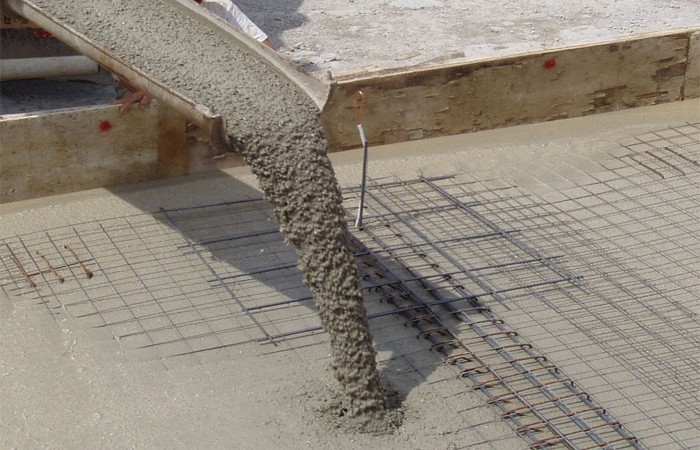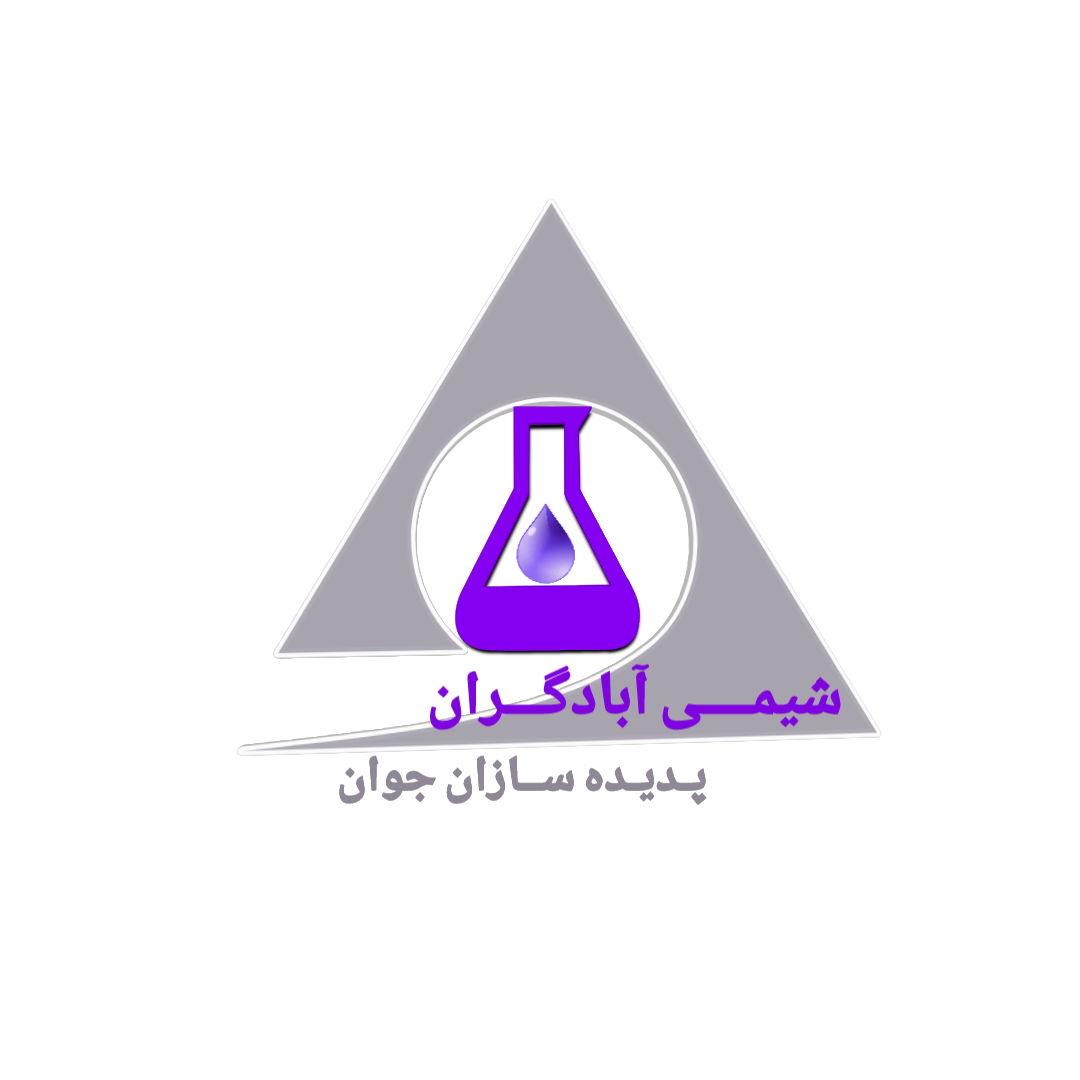What is the best silicate for concrete?

In this article, we discuss what is the best silicate for concrete. To buy and know the price of super lubricant, tile adhesive, anti-acid mortar, rebar planting adhesive, concrete restorer, epoxy and antifreeze grout, etc., you can contact Shimi Abadgaran Company. Call.
فهرست مطالب
- 1 Is sodium silicate better or lithium silicate? Water glass or potassium silicate?
- 2 Items that are commonly used in the construction sector are:
- 3 Sodium silicate
- 4 Modified sodium silicate
- 5 Potassium silicate
- 6 Lithium silicate
- 7 What do silicates do?
- 8 Which silicate to choose?
- 9 Not everyone knows that…
- 10 Purchase and price of super lubricant, tile adhesive, anti-acid mortar, rebar planting adhesive, concrete restorer, epoxy grout and antifreeze company Shimi Abadgaran
- 11 the address of Central office
- 12 Address of Shahriar factory
Is sodium silicate better or lithium silicate? Water glass or potassium silicate?
First of all, it is good to know that silicates can be both liquid and solid (powder or granules).
Items that are commonly used in the construction sector are:
Sodium silicate
Commonly called water glass, it is widely used in the shotcrete technique, also known as spray concrete.
You can use it to produce an accelerator admixture for concrete or mainly in powder form a “crystallization” admixture. In its pure form, it is not suitable for direct use on concrete surfaces.
Because it tends to carbonate: That is, reaction on the surface with CO2 to form a white compound.
Also, its reaction to water is reversible in these cases, that is, if it gets wet for a long time, it returns to the gel state.
Sometimes reverting to gel mode can be useful on horizontal surfaces in case of microcracks that appear later. However, waterproofing vertical underground surfaces is an undoubted disadvantage.
Modified sodium silicate
Water glass is often modified by adding other chemical compounds to enhance its penetration into concrete or to prevent carbonation (ie the fact that it turns “white” on the surface).
Therefore, modified silicate can be used as a hardener or purifier in concrete floors, as an anti-acid protector for biogas tanks and in the agricultural world in general, as a complete waterproofing agent for potable water tanks, black water, underground. Concrete pipes, bridge decks, etc.
If properly modified, it has excellent anti-evaporation properties (concrete curing). There are various proprietary “formulas” for silicate modification. Choosing the right prescription is essential for the effectiveness and durability of the treatment over time.
Potassium silicate
Especially in the European region, it is used as a color base. It has the advantage that it is not exposed to carbonate and therefore generally behaves better in the presence of pigments.
It is mineralized with portlandite gypsum and forms waterproof and waterproof compounds. Its high durability as a color makes it excellent for painting exterior walls.
Lithium silicate
Lithium is atomically smaller than sodium and potassium. Therefore, it can better penetrate the cement matrix of concrete. Due to its small size, it is less effective in saturating concrete pores and thus effectively sealing the substrate.
It is only used on industrial concrete floors. but generally in concentrations that are insufficient to match the performance of other silicates. Lithium is a very popular metal, and its cost in the raw material market is much higher than sodium and potassium. (up to 20-30 times more).
What do silicates do?
The most well-known properties of silicates in the construction sector are insulation, resistance to chemical attacks, consolidation/hardening and fire resistance of materials.
When applied to a concrete or plaster substrate. Silicates are mineralized by bonding with other silicates or alkali metals present, forming a microcrystalline structure and precipitation.
Silicates become an integral part of the substrate on which they are applied: For this reason they differ from other surface treatments or paints that instead form a layer on concrete or plaster.
Silicates are alkaline and, thanks to this property, inhibit the growth of bacteria and reduce the carbonation of cementitious materials (not to be confused with the carbonation of the silicate itself, seen above). They have excellent anti-corrosion properties.
Which silicate to choose?
If we apply on a concrete surface, let’s say that the CE mark according to the standard UNI EN 1504-2 It is mandatory to start. This European standard “Products and systems for the protection and repair of concrete structures – Surface protection systems for concrete” for Floors are also applied And it is somewhat restrictive regarding the minimum required performance of the product.
The modified sodium silicate version is undoubtedly preferable among silicates: It is more compatible with the volume of pores in concrete and has the best state of saturation and bonding with the cement matrix.
Let’s say we protect a floor and want a glossy effect. In this case, we should choose a sodium silicate with low penetration or a lithium silicate mixed with acrylic resin so that the silicate remains on the surface. Then we can achieve the desired result through mechanical processing (low speed buffer). We must keep in mind that over time, the continuous use of certain passages or floor lines can make some parts more shiny (or less shiny) and thus defeat the aesthetic effort.
On the other hand, if we want to change the focus on protection and durability of the operation, especially on outdoor concrete, a modified sodium silicate with high penetration should be selected in the substrate, which does not require another surface. Protective treatments
Regarding the treatment of concrete with lithium silicate, it should be kept in mind that many lithium silicate products are mixed with other types of organic products (for example, resins) to reduce the amount of lithium consumed.
Not everyone knows that…
We can distinguish silicates due to their different molar ratio, which makes the range widely variable and versatile. For example, two sodium silicates can have different uses and properties depending on the molar ratio.
In the field of conservative restoration, ethyl silicate is also widely used for stone stabilization. It is an organic compound, unlike the presented silicates which are completely inorganic and therefore inorganic and easily flammable. Ethyl silicate is less considered in traditional construction due to its temperament and the fact that its application requires experience and expertise.
Read more: Epoxy rebar planting glue

